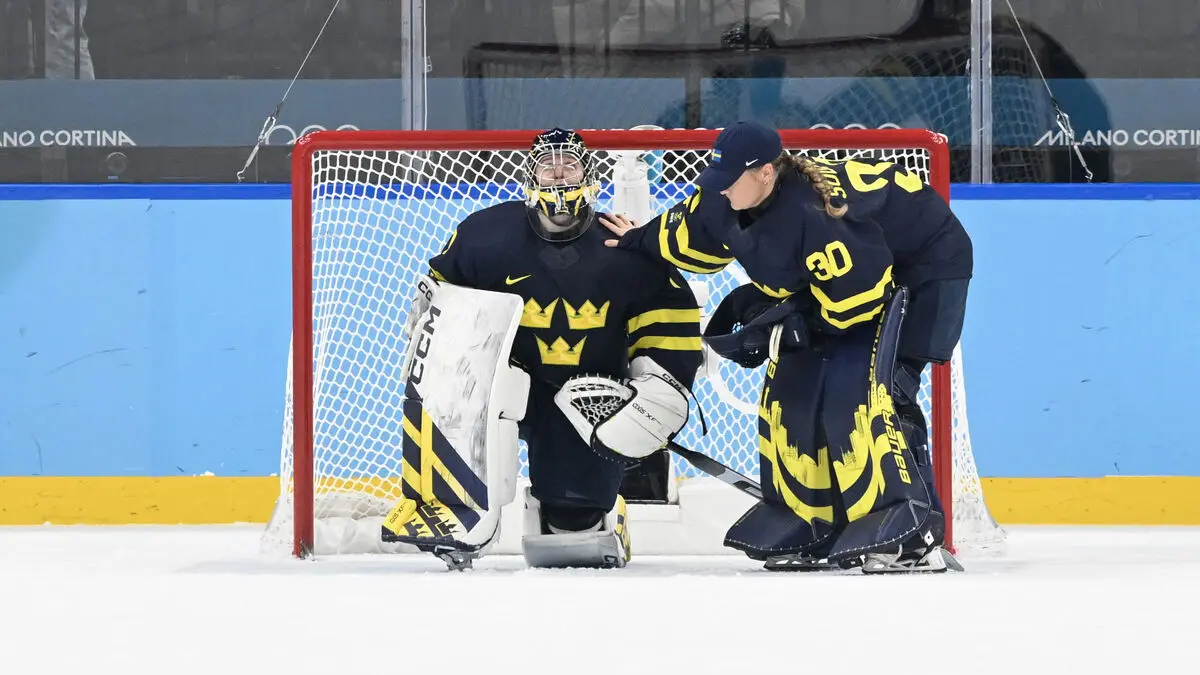Zettervall emphasizes that pension savings are long-term – over 40 years or so. In the long perspective, it has always evened out.
We have seen such downturns historically. The stock market will go up and down, but in the long run, it will still deliver a value development, she says.
But what if you're close to retirement? Not even then should there be any great danger.
The income pension, which for most people constitutes the major part of the general pension, is based on income and is not affected by the stock market at all. Nor is the guaranteed pension.
Stock holdings are phased out
The value of the premium pension, the smaller part of the general pension, can be affected. But there, the proportion of stocks is usually phased out over time. The closer you get to retirement, the larger the proportion of interest funds, which are hardly affected when the stock market fluctuates.
Occupational pensions, which are paid by the employer, can be affected to some extent by the turbulence, as parts are usually invested in stock funds. But even there, it's the long-term perspective that counts in the end.
"Other problems"
Those who are pensioners are not affected today, but rather annual recalculations are made at the turn of the year every year. Then, one looks at how the entire year has developed for the premium pension and occupational pension, says Monica Zettervall.
But what safety mechanisms are in place if things really go wrong on the financial market?
Partly, we have the income pension, which is the major part for most people, and it's affected by the development of incomes. But if we get bigger problems, we'll probably have other bigger problems than pensions, says Zettervall.






